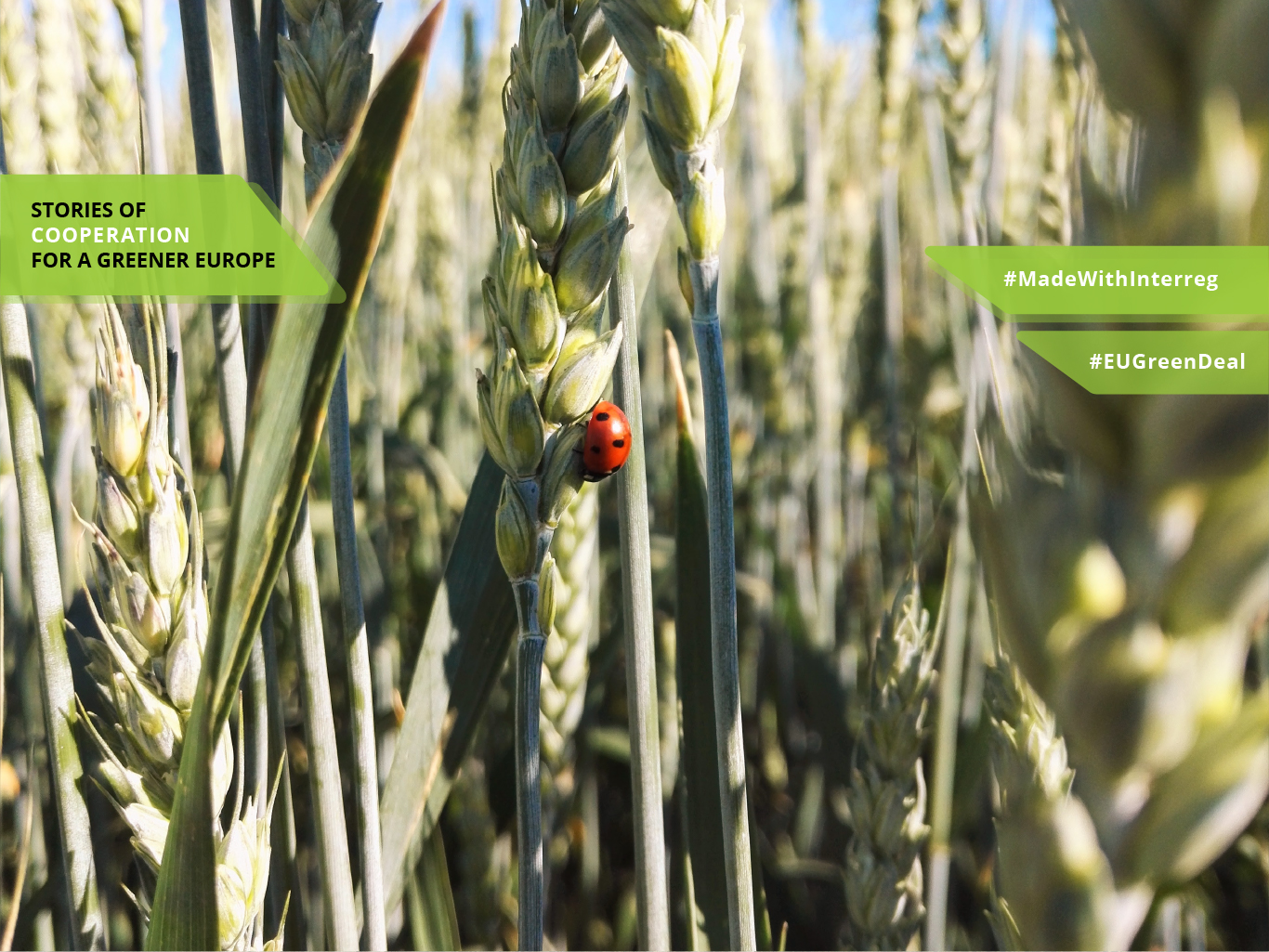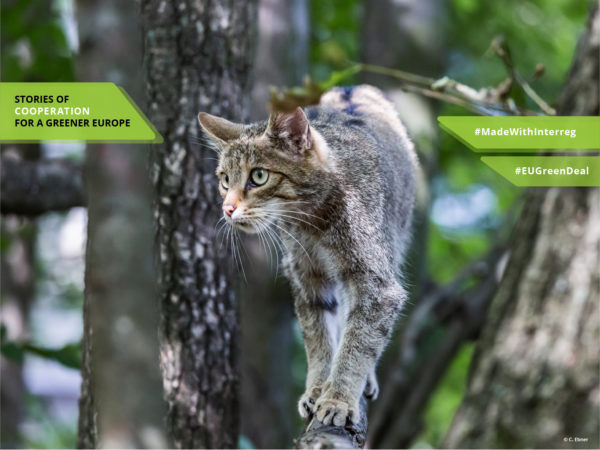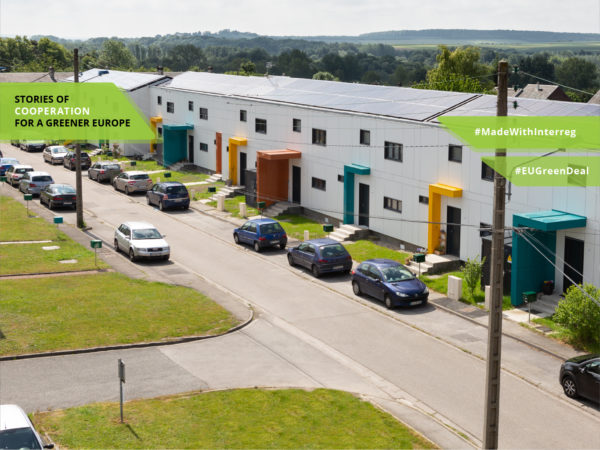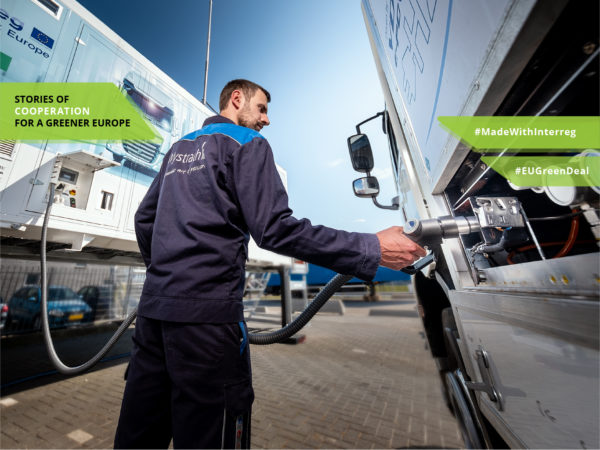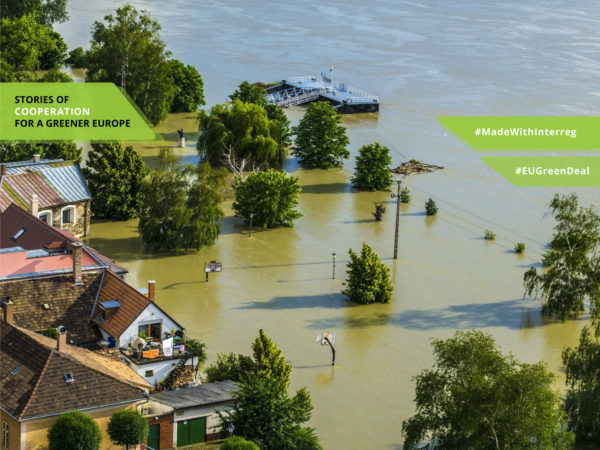Innovations “à la carte”: from the Balkans to North-West Europe
Meet the ROADtool and Functional Agrobiodiversity, two innovative approaches that support EU farmers in their transition to a healthy and environmentally friendly food system whilst helping to reduce disparities across regions.
A healthier and more sustainable food system is a priority action for the European Union. Although European food production is already a global reference thanks to its security, nutrition and high quality, many challenges remain, particularly when looking at building a system that works for consumers, producers, climate and the environment.
Agriculture is a defining part of the agro-food sector, which is of strategic importance in Europe (6% of EU’s gross value added, 24 million jobs). Yet, ensuring effective and sustainable production is, by no means, simple. Many environmental, organisational, social, and economic issues hinder the easy and effective implementation of new methods and policies. Also, the context varies considerably in different European areas. In the Balkan-Mediterranean region, for instance, the small-scale family farms, together with the slow economic growth of the region, and the low farmers’ educational level prevented the adoption of cooperative schemes and the integration of new technologies and knowledge. In this context, terms such as climate change adaptation, circular economy, e-commerce, biodiversity, sustainability, business adaptability are almost unknown and especially inapplicable in the region.
Almost half of the land in North-West Europe is farmed
Further up, in North-West Europe, the sector faces a different situation. The agro-food industry is under the umbrella of most national/regional innovation strategies for smart specialisation. Almost half of the land in North-West Europe is farmed (48% in EU, Eurostat), producing food, fuel and fiber for the agro-food sector and the bio-based economy and delivering public goods and services like water retention and landscape values. Agricultural land in North-West Europe consists of 60% of arable land with crops and vegetables and 34% of permanent grassland. Over the past five decades, the EU Common Agricultural Policy has encouraged farmers to modernise and intensify production.
The Farm to Fork Strategy
Nevertheless, there was still a need for stronger coordinated strategies that would suit the needs of both small-scale producers and advanced systems and, at the same time, promote sustainable and effective food production. Announced just over one year ago, the EU Green Deal’s Farm to Fork Strategy aims at designing a plan for a fair, healthy and environmentally friendly food system for Europe. One of the main priorities is to reduce the use and risk of chemical and more hazardous pesticides by 50% in agriculture systems. Transnational cooperation initiatives are key to achieve the ambitious goals of the EU Green Deal and its Farm to Fork Strategy for 2050. To this end, the Interreg projects BalkanROAD and FABulous Farmers are making a strong impact in the food systems from the Balkan Mediterranean and North-West Europe regions.
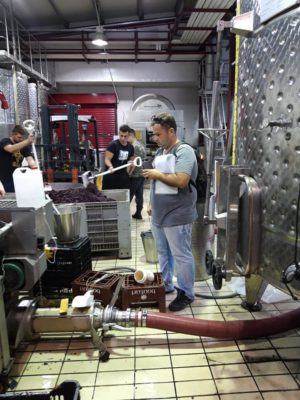
Tracking the carbon, waste and water footprint of marketable products from cultivation to market entrance, seven organisations from the BalkanMed area cooperated in the BalkanROAD project, to tackle common issues of the region and develop a healthier and more sustainable food system. They created a common Balkan Protocol to tackle the specific challenges for the Balkan countries, and a Roadmap for sustainable Balkan farm systems. Also, strategies and tools for Roadmap implementation were developed with the ROADtool being the highlight and the most useful and innovative achievement of this transnational cooperation. The project BalkanROAD identified the gaps in three pilot areas that currently prevent the transition to more sustainable practices for agriculture and the issues needed to be reformed and improved at regional and local levels.
Agri-businesses have now on their hands a web GIS-based tool to estimate the carbon, waste and water footprint of their final marketable products. Being able to define Greenhouse Gas (GHG) emissions from the region, this tool can be a great provider of aid and support for agribusinesses.
It is a user-friendly and attractive web GIS-based application, which does not demand specific skills and provides also graphical presentation of the results, easy to be assessed even by non-experts. Therefore, it could become part of the regular work of a company. The tool estimates GHG emissions throughout the entire production line of marketable products (e.g., olives to oil, grapes to wine), starting from cultivation and ending before market entrance.
ROADtool is also accurate and of national dimension. For the moment, the tool uses national characteristics for the Balkan countries, but it is easily adjustable to other countries by inserting the specific conditions. Thanks to spatial features provided, ROADtool also supports the structuring of local value chains, the monitoring of which, as regards the environmental impacts, could provide evidence for “green value chains” and also traceability. The tool also estimates the water and the waste footprint of the agribusinesses and of a value chain, based on local climatic data.
Functional AgroBiodiversity (FAB), a strategic ecosystem service enabling sustainable agriculture
Using targeted stimulation of biodiversity to deliver ecosystem services such as pest and disease control, pollination, soil and water quality, Functional Agrobiodiversity offers opportunities to drastically reduce the dependence on chemical inputs.
“We are convinced this initiative will further intensify the implementation of FAB actions in North-West Europe. We think that 9500 farms, which represent over 700,000 ha can take up Functional Agrobiodiversity and realise a further improved ecosystem, ensuring reuse of natural resources and on average 40% decreased chemical inputs”, says Bart Schoukens, from the project’s Lead Partner Boeren Natuur (Belgium).
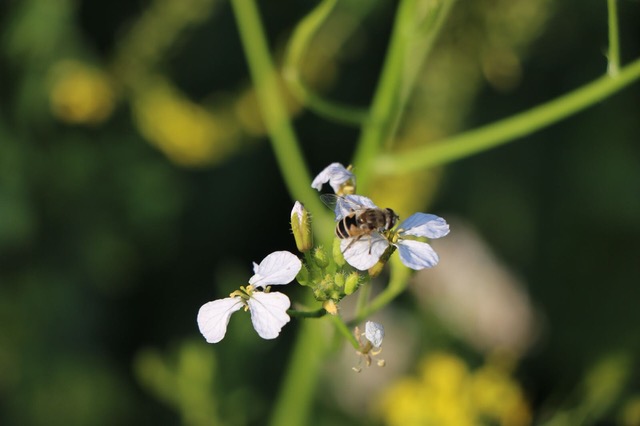
Interreg’s support allowed the project to accelerate the implementation of FAB by farmers and other land managers in North-West Europe, by exchanging experiences about FAB between farmers, scientists, citizens and policy makers in 12 pilot regions from Belgium, France, Luxembourg, The Netherlands and the UK. 10 FAB solutions are tested in 315 farms – covering 25000 ha – and evaluated for ecological performance and economic profitability, with the aim of reducing the dependence on fertilisers by an average of 30%.
Pollination and natural pest controls are Functional Agrobiodiversity possibilities that offer solutions to drastically reduce the dependence on chemical inputs
The project is now aiming at improving the uptake of FAB measures by expanding project operations towards new areas in Germany and the UK. It also plans to engage with new economic sectors (food and non-food SME’s and enterprises) and citizens by developing digital marketplaces that rewards farmers for the ecosystem services created by implementing FAB measures.
The essential part of these innovative initiatives is “CHANGE” through transnational cooperation and exchange of knowledge. Both initiatives have already delivered remarkable results on the ground and have a strong role to play in the implementation of the Green Deal Farm to Fork Strategy.
Learn more about the projects featured in the article
The authors
Christina-Maria Bateka works as a Communication, Technical Assistance & Project Officer at the Interreg BalkanMed Programme
Vinicius Valente works as a Communication Officer at the Interreg North-West Europe Programme
This article is part of a series on how transnational cooperation contributes to the EU Green Deal. Click here to see all stories.
